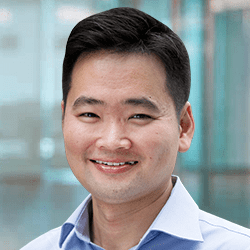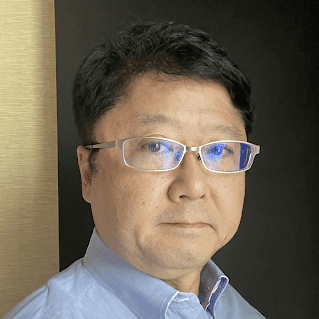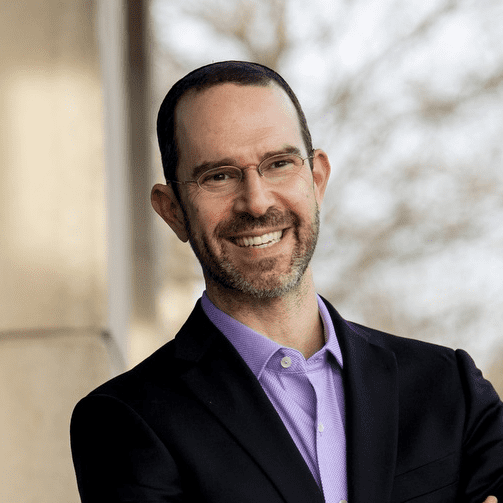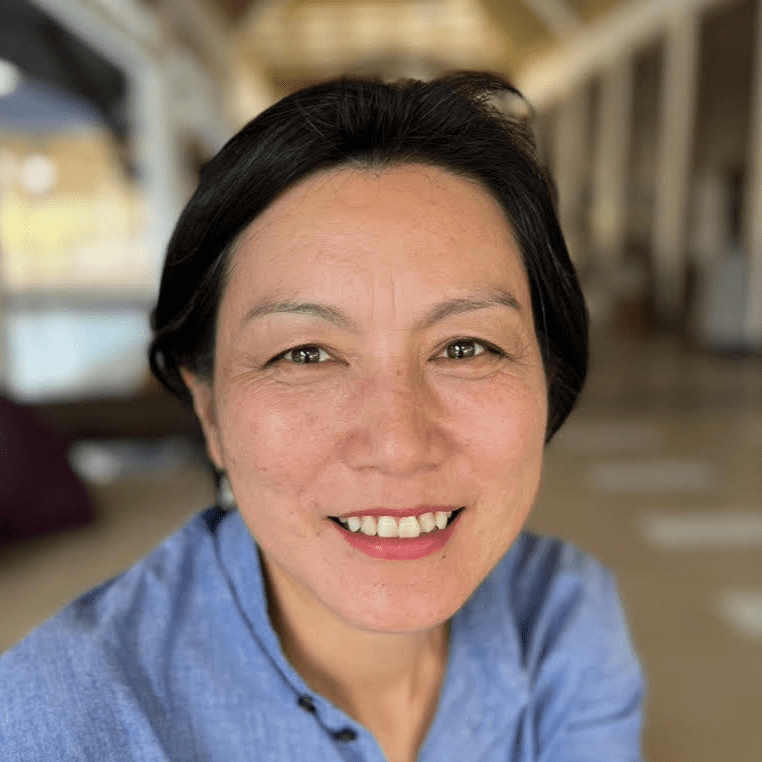Empowering Communities: Unlocking Aging Potential, Building Resilience; and Transcending Climate Challenges
The ongoing exposure of both developed and developing countries to a spectrum of natural disasters, encompassing floods, typhoons, earthquakes, tsunamis, and pandemics, underscores human vulnerability to such crises. The COVID-19 pandemic, categorized as a biological disaster, has emerged as one of the most severe global crises in recent history. It has not only reversed previous developmental achievements and global poverty reduction efforts but also exacerbated issues like deglobalization and food insecurity. Disaster vulnerability and exposure disproportionately affect the most marginalized groups, including the impoverished, elderly, micro-businesses, and informal service sectors. This inequality is largely attributed to the slow progress in establishing effective market and public insurance mechanisms to mitigate catastrophic losses. For instance, despite being frontrunners in development within the Asia-Pacific region, low-income economies only managed to cover 9% of losses through market-based insurance from 2016 to 2019. Consequently, there is a pressing need to fortify government-provided social insurance for robust socioeconomic preparedness and recovery from events like the pandemic, ultimately fostering long-term climate-resilient global development. Unfortunately, governments often fall short in addressing market failures, particularly when confronting unforeseen contingencies arising from rare disasters. In this context, community-based initiatives, supported by social capital, have emerged as a critical means to bridge the gaps created by the inadequacies of both market and government mechanisms. This session brings together academics, experts, policymakers, and community organizers from Asia to share their experiences with community-based initiatives designed to empower and enhance the lives and climate resilience of aging populations. The event offers valuable insights into identifying best practices for optimizing the well-being of older individuals and presents a holistic perspective on well-being, incorporating elements such as the built environment, social organization, urban design, and urban planning.
Organized by: University of Tokyo



